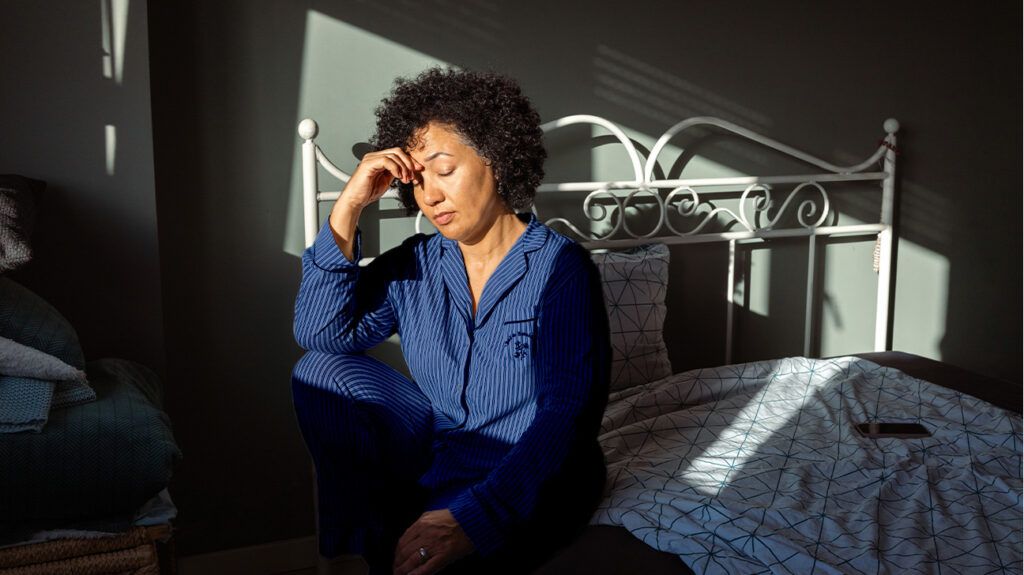Call for Age-Specific Immunotherapy Approaches in Treating Childhood Brain Tumors

A new review highlights the importance of developing tailor-made immunotherapy strategies to effectively treat childhood brain tumors, considering their unique biology and microenvironment.
Pediatric brain tumors remain among the most lethal childhood cancers, and current treatment protocols are largely adapted from adult therapies, often resulting in suboptimal outcomes for young patients. A recent comprehensive review published in Neuro-Oncology Advances emphasizes the necessity of developing immunotherapy strategies tailored specifically to children’s unique tumor biology. The review, led by researchers including Cheyenne Ahamed, a medical student at Dell Medical School, highlights that childhood gliomas create an immunologically 'cold' tumor microenvironment, which hampers the effectiveness of conventional immune-based treatments.
The study underscores innovative therapies such as engineered immune cells, cancer vaccines, and oncolytic virus-based treatments as promising avenues for pediatric cases. Notably, the Kumar Lab at Dell Medical is exploring how the brain's immune cells, particularly microglia, influence tumor growth. One example of these cutting-edge approaches is microglial replacement therapy, which aims to reprogram immune cells within the brain to better recognize and attack tumors.
Children’s brain tumors differ fundamentally from adult cancers in their behavior, necessitating customized treatment protocols. As lead author Cheyenne Ahamed articulates, understanding these biological differences is critical to designing safer, more effective therapies tailored for pediatric patients.
This research marks a significant step toward personalized, age-specific immunotherapy options that could dramatically improve survival and quality of life for children battling brain cancers. The ongoing work emphasizes the importance of considering the unique tumor environment in children, paving the way for future innovations in pediatric neuro-oncology.
Source: https://medicalxpress.com/news/2025-09-age-specific-immunotherapy-childhood-brain.html
Stay Updated with Mia's Feed
Get the latest health & wellness insights delivered straight to your inbox.
Related Articles
FDA Approves Zynyz as First-Line Therapy for Advanced Anal Cancer
The FDA has approved Zynyz, a PD-1 inhibitor, as the first-line treatment for advanced anal cancer, offering new hope for patients with limited options and demonstrating significant clinical benefits based on recent trial results.
Potential of Diabetes Medications in Treating Alcohol Use Disorder
Emerging research suggests that diabetes drugs targeting GLP-1 and GIP receptors may help reduce alcohol consumption and improve liver health, promising new avenues for alcohol use disorder treatment.
Short-Term Sleep Deprivation Can Harm Heart Health: New Research Findings
Discover how just three nights of poor sleep can elevate markers linked to inflammation and increase cardiovascular risk, emphasizing the importance of good sleep habits for heart health.



